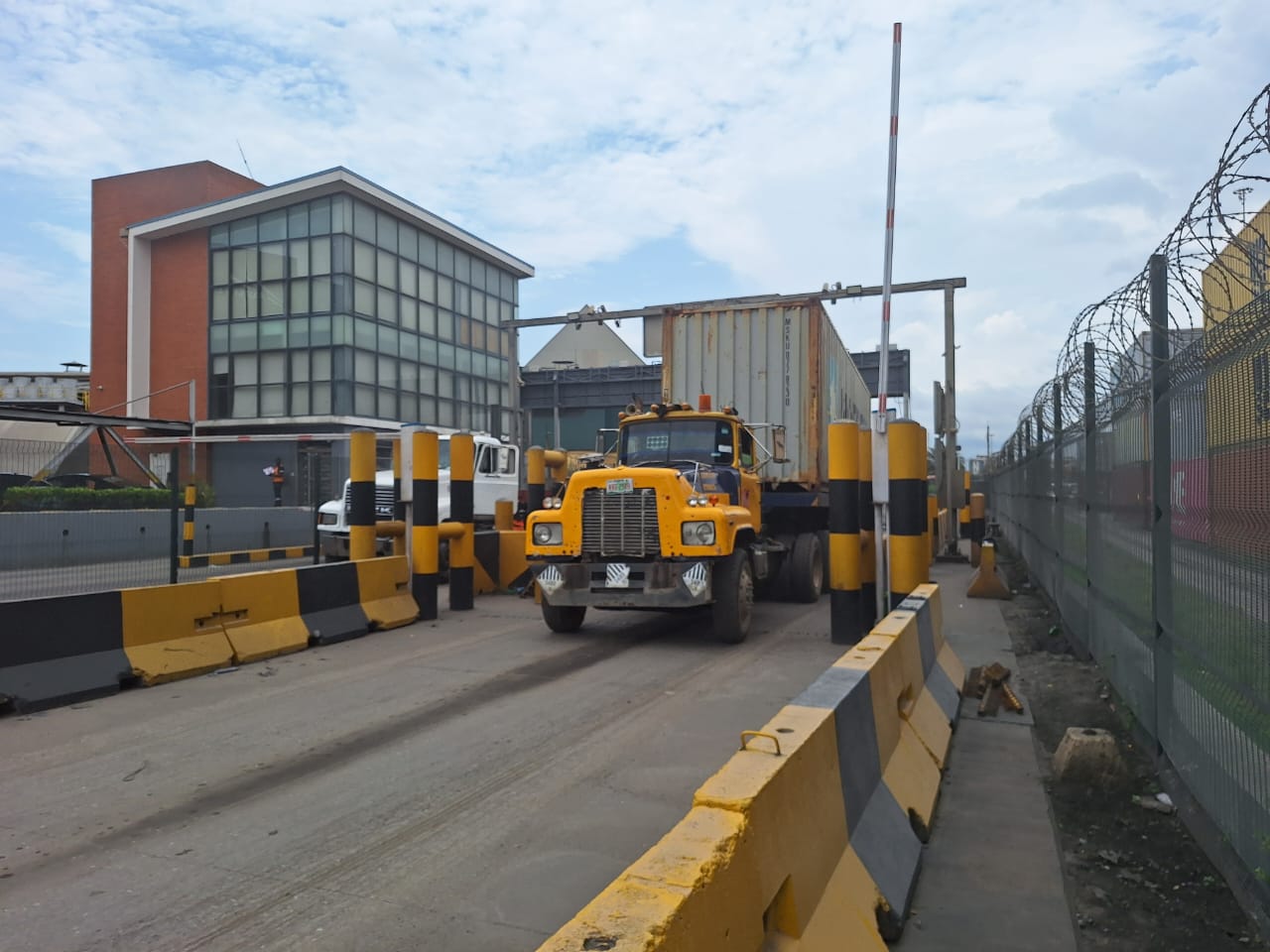Port inefficiencies, high incidence of piracy, poor port environment, lack of political will, and inefficient coastline resources among others have been identified as setbacks to Africa’s prospect of exploiting the ocean economy estimated to be in the region of $4 trillion.
The Federal Government had, in 2018, expressed its readiness to cooperate with other countries to advance Africa’s blue economy. The Minister of Transportation, Rotimi Amaechi, at the inaugural Sustainable Blue Economy Conference in Nairobi, Kenya, said it is one of the primary objectives of the Economic Recovery and Growth Plan (ERGP) of the government and a major revenue alternative to oil.
The Director-General of the Standard Organisation of Nigeria (SON), Farouk Salim, stressed that the African continent had a long way of properly harnessing the economic power of its marine and maritime economy, adding that the blue economy has the potential to create both economic growth and development in Nigeria, with Africa’s wealth from the ocean conservatively valued at $4 trillion yearly.
Speaking at a training workshop organised by the Association of Maritime Journalists of Nigeria, (AMJON), in Lagos, with the theme: “An Insight Into Nigeria’s Blue Economy Project”, Salim, who was represented by the Chief Technical Officer, SON, Benedict Preake, analysed the causes of the problems hampering sustainable Blue Economy in the maritime sector growth.
He pointed that the lack of broad political consensus on the nature of Nigeria’s fiscal federalism has deep economic implications, including making the blue economy a fragile project, adding that if we must operate optimally and make the project work, every port must be made functional, which include, Calabar, Port Harcourt, Warri, Lagos, and others.
The SON DG said a blue economy would require competitive and efficient use of coastline resources, noting that Nigerian ports and maritime facilities are currently costlier to operate and manage than ports in neighbouring countries, such as Cotonu port in the Benin Republic, Lome Port in Togo or Tema Port in Ghana.
He said the relatively high cost of Nigerian ports reduces port patronages, efficiencies, operations, and related activities, adding that this, in turn, reduces potential employment, optimal utilisation of ports, competitiveness, and decreased tax revenues.
Salim added that the port environment in Nigeria is poor and nurtures a culture of weak morals and perverse hygiene, noting that the port infrastructures are old and badly maintained, while marine shorelines are highly polluted from industrial affluence and waste products, which are habitually thrown into the dock waters by port users and refuse disposal vendors.
Meanwhile, the President of AMJON, Paul Ogbuokiri said the training was centered on how to report the blue economy project effectively by members.
Also speaking on the role of the Nigeria Customs Service (NSC) in the blue economy, the National Public Relations Officer of the Service, Deputy Comptroller Joseph Attah, said it has become very compelling for nations to look inwards to harness and take advantage of national endowments to grow the economy, better the lives of citizens and develop adequate aqua technology with its attendant potential of creating jobs in the marine environment.
Attah, who was represented by Uche Ejesieme, a Superintendent of Customs added that the role of NCS in the blue economy would have to do with its initiative towards improving Customs processes and procedures.






